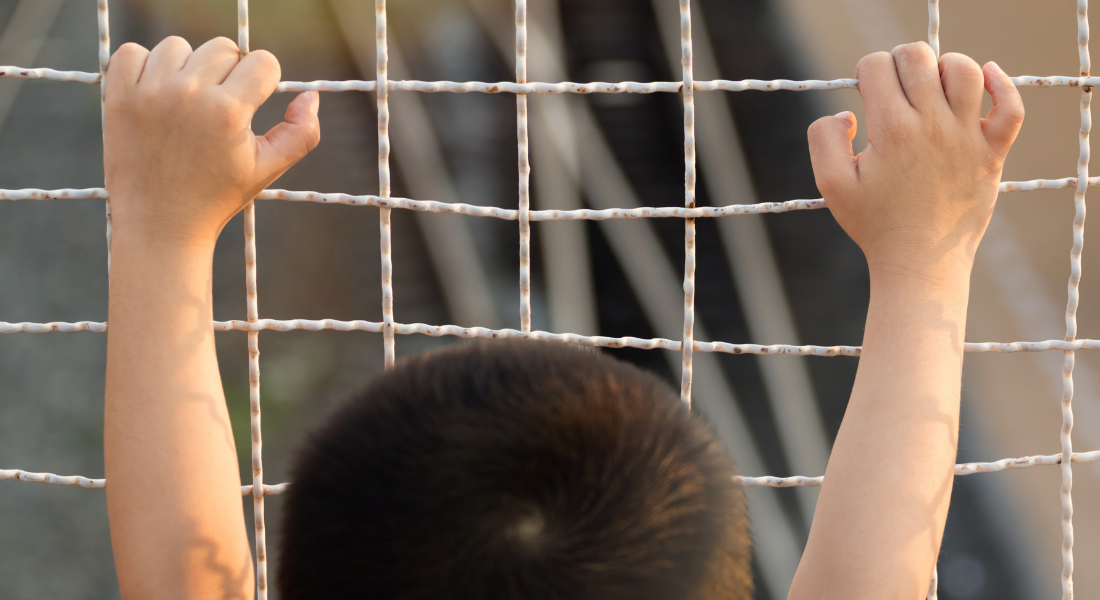
For several months now, the IBCR, alongside several partners, has been mobilizing to accelerate and support the release of millions of children currently in detention, heavily impacted by the COVID-19 health crisis. During the month of October, we spoke on the subject during two webinars, through the voice of our Director General.
It was alongside child protection organisations such as Terres des hommes, Baker McKenzie and the International Association of Youth and Family Judges and Magistrates that the Bureau spoke on the subject of children deprived of their liberty and the need to release them, now more than ever.
These events provided an opportunity to discuss the creation of guidelines (see more here), aimed at equipping professionals working with children deprived of their liberty, to accompany them and speed up the release of detained children, in order to protect them from the pandemic. Means of action were thus presented to enable security forces, social work and justice personnel to avoid the detention of children as much as possible and, if necessary, improve their living conditions.
The webinars allowed the Bureau to highlight the use of guidelines to significantly reduce the risks to children deprived of their liberty by changing the practices of targeted professionals. Inexpensive changes that can make a difference for children.
The contribution of other speakers highlighted the impact of the pandemic on the already precarious situation of children deprived of liberty. Philip Jaffe, a medical practitioner and member of the UN Committee on the Rights of the Child, described the situation of these children in the Covid-19 era as “pure chaos”. Less information, reduced (or even eliminated) time out of the cell, reduced access to medical services, and banned family visits … restrictions that can have serious consequences for the physical and mental health of children.
Ann Skelton, Professor of Law and UNESCO Chair, recalled the importance of taking into account the best interests of the child, stressing that “since children in detention are out of sight of the general public, States do not feel the need to justify their actions”. Mobilisation is therefore all the more important as it forces governments to re-evaluate the measures taken in relation to children in detention.
Organised as part of the Justice With Children initiative, these webinars brought together more than 170 people working alongside children deprived of their liberty.
The Bureau’s participation in these two webinars coincided with the publication of the Guidelines in French, Spanish and Arabic, and is also part of an active awareness-raising campaign to promote the rights of children deprived of their liberty and to encourage their release.
More information on the situation of children deprived of their liberty in times of COVID 19





